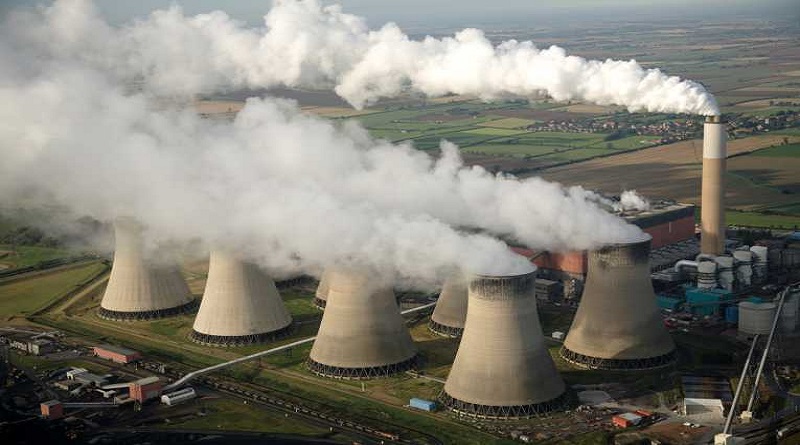Civil society to the ‘One Planet’ Summit: “This charade can’t carry on”
As global heads of state and climate finance specialists gather at the ‘One Planet’ climate summit hosted by President Macron to discuss investment in climate solutions, civil society is ringing the alarm by bringing attention to the unabated support of the fossil fuel industry by the world’s leading economies.
350.org Senior Finance Campaigner, Brett Fleishman issued the following statement from the summit: “President Macron and other world leaders, are meeting right now to discuss shifting capital to climate solutions which is all well and good on paper. But they have remained largely silent on the other side of the equation: the ongoing financing of coal, oil and gas production and infrastructure. The continued parallel investment in both fossil fossil fuels and climate solutions is folly to say the least.
In a twist of irony, the European Investment Bank’s board is gathering as we speak in Luxembourg to participate in a vote that could see a €1.5 billion loan in public finance go to the Trans-Adriatic Pipeline (TAP). This just as President Macron is welcoming heads of state and some of the world’s largest investors, marking the second anniversary of the Paris Climate Agreement, which this pipeline serves to undermine.
We also know that today the Brazilian Senate will vote on whether to accept the recent proposed oil and gas industry tax break of around $300 billion, that will effectively mean that the industry will pay zero taxes. This is at a time when Brazil is cutting public spending including soon on pensions.
This charade of caring about the planet can’t go on. Every euro and dollar spent on adaptation and mitigation is undercut by even more money spent on the fossil fuel industry. We have research that clearly demonstrates that the French government, through its many agencies, is still invested in the energies sources of the past. This acts as a ball and chain dragging behind this climate finance summit.
According to Oil Change International, between 2013 and 2015, 58% of Public Finance for Energy from G20 Countries went to fossil fuels, while only 15% went to “clean” energy.
This behaviour did not improve after the Paris agreement either, as multilateral development banks (MDB) approved over $5 billion in fossil fuel finance in 2016, not even including World Bank Group transactions for the last six months of 2016. MDB finance for oil and gas exploration more than doubled from 2015 to 2016, from $1.05 billion to $2.15 billion.
But there can be no more room in our budgets, carbon or otherwise, for the energy sources of the past. Finance institutions, especially those acting in the public interest, cannot continue to fund fossil fuels. This meeting has a lot of catching up to do to meet the scientific and moral standards established by its predecessor summit.
Civil society is not alone in making this demand, just last week, 100 economists from around the world signed the Declaration on Climate Finance, calling for an immediate end to investment in fossil fuel production and infrastructure. “Not a Penny More” can go to the energy sources of the past.
It is high time for our heads of government to reconcile their public investment portfolios with the climate science underpinning the Paris Agreement, and throw off the shackles of the fossil fuel industry once and for all.
Whatever the outcomes from this summit, the global climate movement will keep on pushing through 2018 to accelerate the transition away from fossil fuels to 100% renewable energy for all. We will continue to stop new fossil fuel projects, end dirty finance, and push to ensure that as many towns, cities, and regions as possible to commit to 100% renewable energy.”




